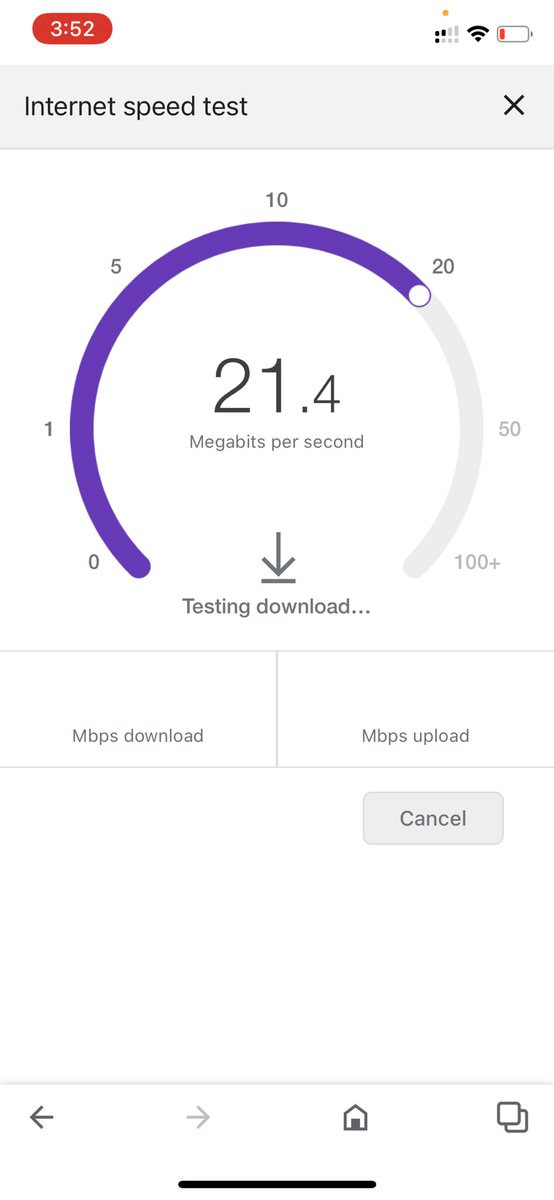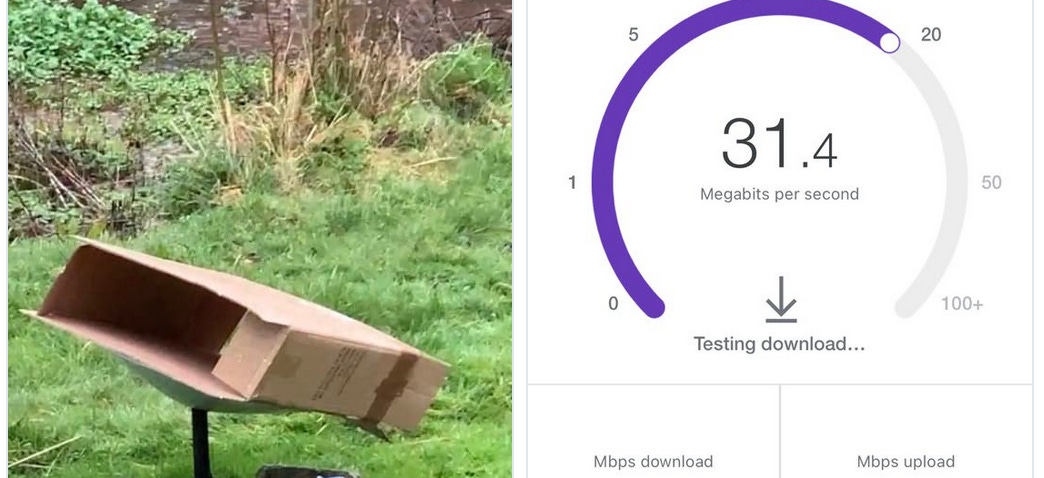Starlink Dishes CAN Be Disguised, Actually (we ran tests)
We ran tests using a Starlink dish to prove it
Insider.com recently reported that ‘experts’ say you can’t physically disguise a visually distinct Starlink dish, diminishing their utility in Ukraine against Russian forces. The report even made its way to The Daily Mail, one of the most visited new sites in the world, with an emphasis on the inability to physically camouflage dishes.


The problem with that detail about disguising dishs?
IT’S JUST NOT TRUE.
YOU CAN PHYSICALLY DISGUISE A STARLINK DISH.
When Insider.com said ‘experts’, they meant one professor, who seemed to jump at the opportunity to publicly dunk on Musk when he quipped:
“Elon Musk is, at heart, a fast-talking, third-rate car salesman. He knows that a Starlink dish can’t be visually camouflaged due to its nature but somehow tweeted out that is what people in Ukraine should do.”
While it is true a Starlink dish needs an unobstructed view of the sky, that doesn’t mean light but opaque materials can’t be used to psychically hide a dish, we know this because we ran tests with an actual Starlink dish to prove it.
Light fabric, paper and cardboard can all hide a Starlink dish while retaining useful - but reduced - internet speeds. The results of our tests are below, with corresponding connection speeds:



The article did mention a genuine risk, notably potential for using signals to triangulate its position. Both issues addressed by Elon Musk, who said users in war zones should use dishes intermittently and locate them away from populated buildings.
One issue not covered by the piece, or mentioned by experts, was the heat signature given off by the dishes, this can attract cats but also show up on military thermal cameras. We’ll be running tests using a thermal camera soon to see if materials with ambient tempratures could potentially hide of reduce heat signatures.
We urge BusinessInsider.com and the Mailonline.com to issue corrections AND new articles to try and undo the potential harm this misinformation could do in Ukraine and other countries where free and open internet access is crucial and the target of state aggression. We urge Nicholas Weaver to apologize for spreading dangerous and irresponsible misinformation.
We’d also urge other publication to speak to actual users of Starlink in Ukraine, when reporting on the subject.
Some suggestions:
















